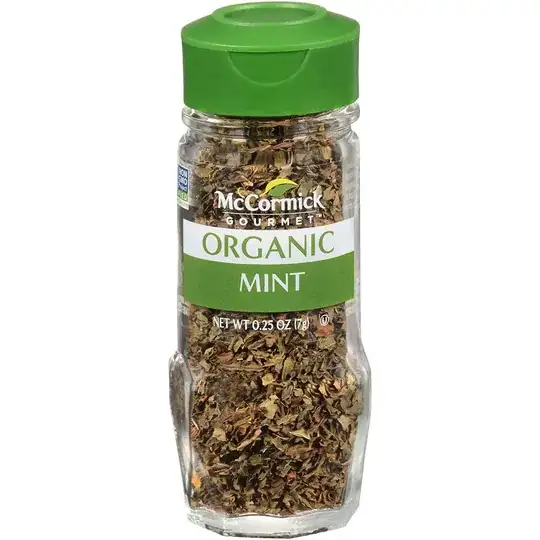In pure water, no plant matter will actually dissolve. You can get close by forming a suspension (this is how green tea made using matcha is made, as well as hot cocoa), but it will not actually dissolve because cellulose and lignin are very insoluble in water and account for a majority (by mass) of all plant matter.
There are three other methods used instead to produce beverages, sauces, and other water-based liquid derivatives from plant matter:
- Decoction: This is the process used to make true ‘Turkish’ coffee, and consists of making a paste out of the plant matter and then boiling that. It tends to be the best option for extracting things that don’t dissolve well in water but dissolve well in oil or fat, and is also better than infusion or percolation at extracting things from roots, bark, and other woody plant parts, but is also the most actively involved of the three processes.
- Infusion: This is the process used to make most teas, traditional maté, and traditional western-style coffee, as well as being the main process used to extract essential oils. It consists of simply putting the plant matter in water (or alcohol, or oil, depending on the type of infusion) for an extended period of time and letting stuff leech out through diffusion. Infusion can be done hot or cold, and in the context of teas is often referred to as ‘brewing’. This is the easiest method in general, as it requires very little supervision when done hot (just make sure it doesn’t boil over or end up with too little liquid) and essentially no supervision when done cold. The flip side is that it takes longer than decoction for an otherwise roughly equivalent strength preparation.
- Percolation: This is the process used to make modern western-style coffee, and consists of preparing the plant matter in some way to make the compounds you care about more soluble in water (for example, roasting and then grinding the coffee beans for western-style coffee), and then pouring (usually boiling) water over the result into another container. This method is best used to control the concentration of things in the resulting mixture as the resultant concentration is largely just a function of the volume of water, volume of plant matter, and temperature of the water, unlike infusion or decoction where the total time taken also impacts the concentration. Repeated percolation can be used to get higher concentrations easily as well. This tends to work best with stuff that can be ground down into a coarse powder (like coffee beans or cinnamon bark).
For most plants in the mint family (not just Mentha species, but also stuff like balm, sage, catnip, and rosemary), decoction and infusion both work reasonably well, and all three need very hot water to be practical because most of the compounds that you actually want for flavoring or medicinal properties are not very soluble in water. Most preparations you will find for mint are likely to be infusions, though they may not be water based (infusing mint into ethanol for example is very easy, because menthol and the other flavorants found in mint are all very soluble in ethanol, and is part of how mint-flavored liqueurs were traditionally made). Note that dried versus fresh mint will give you different flavor profiles for otherwise identical preparations.
You can, of course, also just grind up the mint and create a suspension (just like with matcha or hot cocoa), though you will generally want dried mint for that. Fresh mint will give you a paste instead, and while that can be used to create a suspension, it will usually be a lot stronger in terms of flavor.
